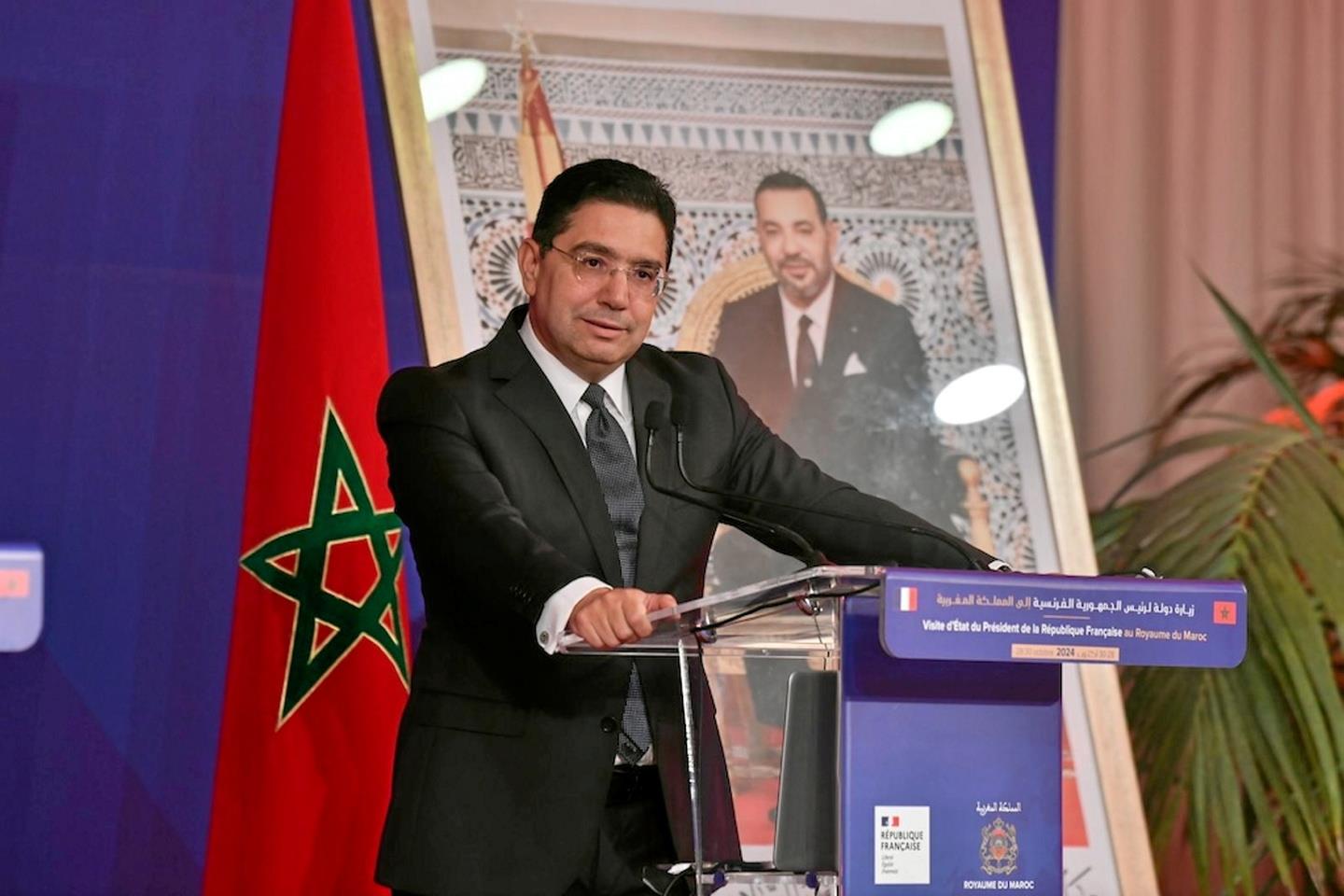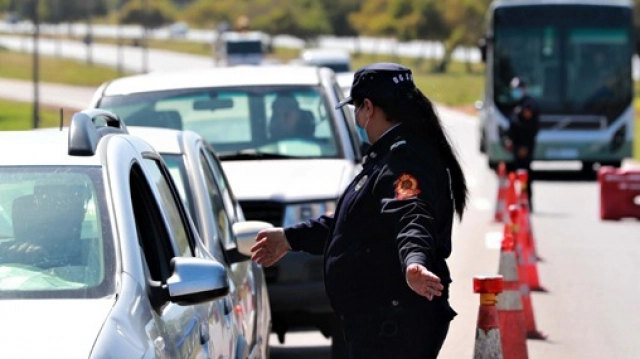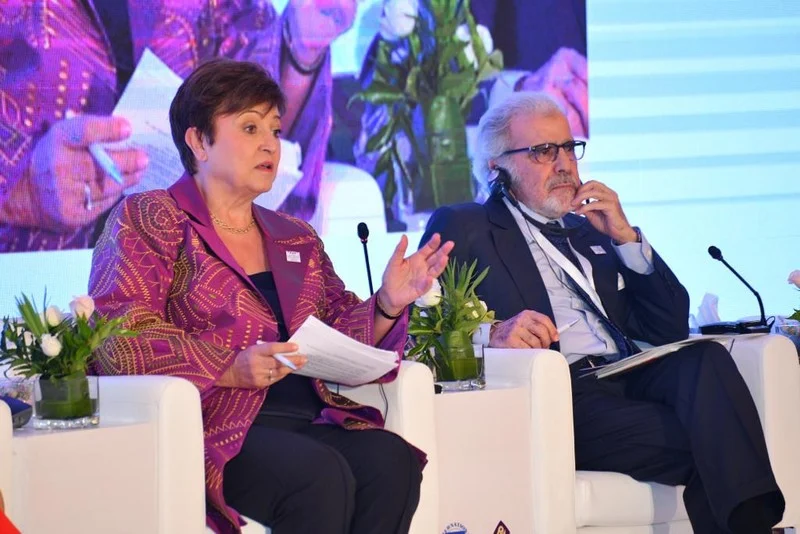Morocco’s foreign minister Nasser Bourita highlighted the depth of relations with France which came following Paris unequivocal support for Morocco’s sovereignty over the Sahara.
In an interview with Le Point, Bourita said the visit by Macron to Morocco on October 28-30 marked “the beginning of a new chapter in Moroccan-French relations under the leadership of King Mohammed VI and President Emmanuel Macron.”
In this respect he described the Declaration on the “strengthened exceptional partnership” as the “expression of a renewed ambition for bilateral cooperation firmly anchored in the principle of equality between states, transparency, solidarity and shared responsibility.”
On the Sahara, Bourita said President Macron reiterated that “the present and the future of the Sahara are part of Morocco’s sovereignty.” Thus, France affirms that the Sahara cannot be envisaged outside this sovereignty as Paris deems autonomy as the “only basis” for a political solution, he told Le Point.
The autonomy plan has the support of 112 countries across the world, including 22 out of 27 EU member states.
However, the France position has a special significance as a permanent member of the security council with deep knowledge of the realities of the region, he said.
Bourita deplored that the “ real actor in this regional dispute continues to favour the status quo. This immobility has an impact on the security of the region and a cost for the Maghreb, the Sahel, the two shores of the Mediterranean, and especially for the Moroccan and Algerian peoples.”
On migration, Bourita said Morocco is willing “to speed up the issuance of laissez-passer in coordination with the French authorities in order to ensure rapid identification and facilitate the return of irregular migrants.”
He recalled the success of the members of the Moroccan diaspora in France, saying “Morocco is keen to preserve this positive image.”
He made it clear that “people in an irregular situation and identified as Moroccans will be taken back without detour, in a spirit of shared responsibility and commitment.”
On the stalemate in the Maghreb region, “Morocco does not intervene in the relations that other countries have with Algeria. We focus exclusively on our bilateral relations with our partners, leaving each country free to develop the ties it wishes with Algeria,” said Bourita.
“This position is a clear and consistent doctrine of His Majesty the King. If Algeria perceives the strengthening of our relations with certain countries as a threat, this is a matter of its interpretation,” he said.
“As far as we are concerned, we cannot condition our relations with one country on those that it itself maintains with another. Our priority is to advance our relations in accordance with our own interests,” he added.
Bourita also highlighted the importance of promoting development in the Sahel region in Morocco’s foreign policy, citing the Royal initiative to help Sahel countries access the Atlantic and global trade.
“Reactions to this royal initiative have been very positive: three ministerial meetings have already taken place and task forces have been established by the heads of state concerned to promote ownership of this initiative,” he said.
“A reference document has been produced and will soon be submitted to the Heads of State for approval, with projects to be launched in the short, medium and long term,” he said.
On the middle East, Bourita recalled Morocco’s position in support of lasting peace and a two state solution adding that Morocco’s resumption of diplomatic relations with Israel does not mean endorsement of Israeli government actions.



